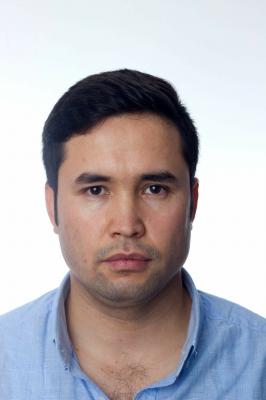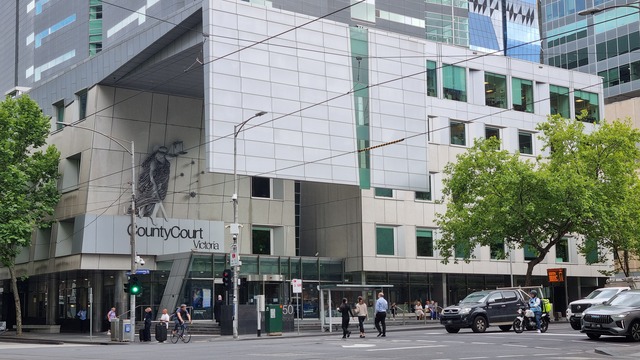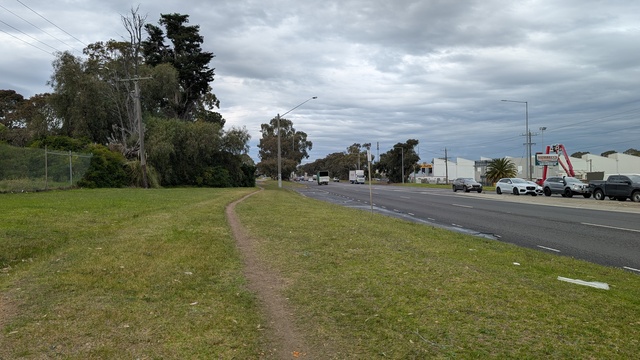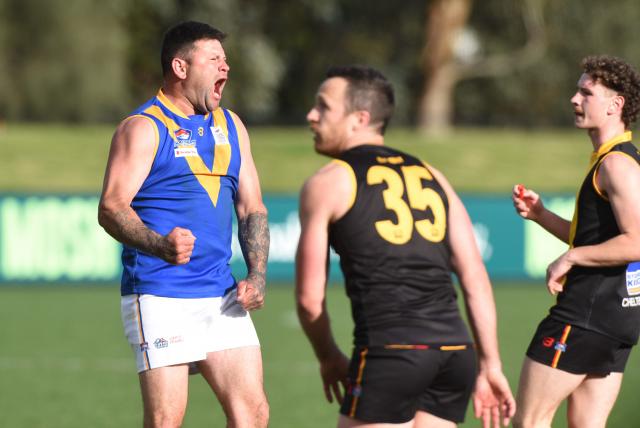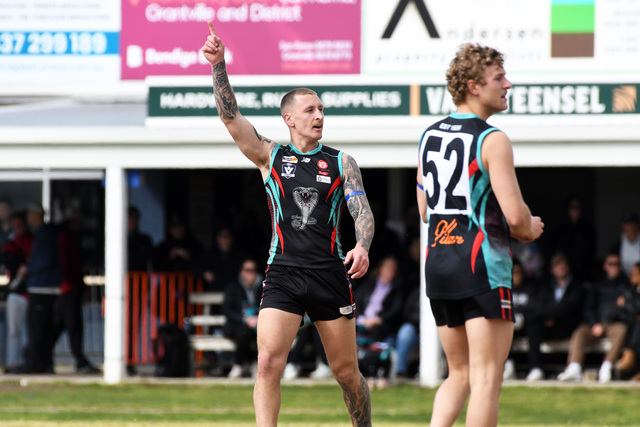Afghan-Australians in the South East are fearing for their loved-ones under Taliban’s take-over of Afghanistan.
Barat Batoor, a photo-journalist who fled for his life from Afghanistan in 2012, works as an organiser for Asylum Seeker Resouce Centre.
He said the looming humanitarian crisis was “devastating” for Australian Hazaras – the fourth largest diaspora in the world with many of them in Melbourne’s South East.
“There are thousands of people in the Australian community who have family members at grave risk right now from the Taliban.
“The news came as a big shock. I haven’t slept properly for the last couple of nights.
“That stress and anxiety in the Hazara community is at unprecedented levels.”
Kabul’s international airport has been swarmed by desparate masses pleading to be saved by foreign governments.
According to one of Mr Batoor’s friends “on the ground” in Kabul, people were feeling afraid.
They were not placated by the Taliban’s declaration that it would not harm anyone, Mr Batoor said.
“I think this announcement was just a mask that will come off in the next days and weeks.
“They have started searching houses looking for people like political figures, social activists and pilots.
“This is the calm before the storm.”
The overthrow has sparked painful memories of the Taliban rule in the 1990’s, Mr Batoor said.
Many Afghan Australians themselves had fled past “unimaginable” massacres and genocides inflicted on Hazara, Hindus and Sikhs.
Visa applications for partners and family to unite with Afghans in Australia have languished for up to a decade.
This is due to a 2010 ministerial direction that applications from ‘illegal boat arrivals’ – later found to be genuine refugees and granted permanent residency – were to be given the “lowest priority”.
Their family members are now trapped in Afghanistan at the mercy of the Taliban.
“We have a moral obligation and practical obligation to help these people,” Mr Batoor said.
“Australia should play a bigger role to at least open 20,000 extra places for re-settlement.”
On 18 August, Prime Minister Scott Morrison said about 3000 humanitarian visas would be offered to Afghan nationals this year. It was nearly double the number last year, he said.
About 1800 Afghan nationals who had helped the Government have been resettled with their families in Australia – including 430 since April.
“You would have heard other countries talk about figures of 5,000, I note that some are talking about figures of 20,000 but can I tell you there are no clear plans about that.
“Australia is not going into that territory.”
Mr Morrison said the first RAAF evacuation on 18 August rescued 26 Australian citizens and Afghan nationals, with more to come.
“We will be supporting Afghans who have legitimate claims through our official and legitimate processes,” Mr Morrison said.
“We will not be providing that pathway to those who would seek to come any other way. to come any other way.”
The day before, Mr Morrison ruled out Afghan temporary visa holders in Australia being granted permanent residency and citizenship.
“We have no plans to be returning people back to those places where there’s such terrible unrest and they’ll be able to remain here under those circumstances, under the visas they’re currently on.”
Bruce Labor MP Julian Hill accused Mr Morrison of “lethal negligence” for his “deliberate delays”.
He said Afghans in Australia waited on average 43.6 months for a partner visa compared to up to 9 months for people from Western Europe or the USA.
“This is effective discrimination, and Australians are now legitimately worried that their families will die because what the Liberals have done.”
He called for the urgent evacuation and fast-tracking of visas for Australian citizens, family members of Australians and those who worked with Defence forces.
“We are already seeing extraordinary scenes of horror reappear, reports of women being married, forced out of work and education, having women’s faces painted over on billboards, random executions and people fleeing.
“Everyone is at risk, especially those from persecuted minority groups such as Hazaras, as well as Sikhs, Hindus and other small groups who must be prioritised for refugee visas.
“Let’s hope there is still a small window of time to act and bring some of these people with a connection to Australia to safety.”

